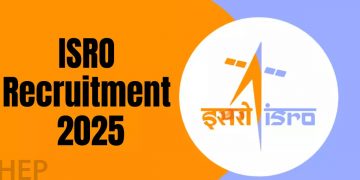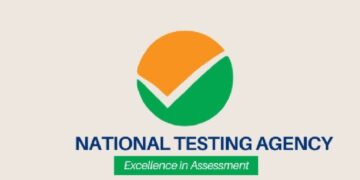(With inputs from PTI)
Despite concerns surrounding global economic and political instability, applications to MBA and business master’s programmes have risen by 7% worldwide in 2025. This increase, as revealed by the Graduate Management Admission Council (GMAC) in its annual Application Trends Survey, demonstrates a strong demand for management education despite external challenges. The GMAC, responsible for administering the GMAT and NMAT exams, tracks global application patterns and trends.
Asia Surges, Western Markets Decline
The GMAC survey highlights significant regional differences in application trends. India emerged as a major player, with a 26% increase in international applications, solidifying its growing position in the global management education market. This rise reflects the increasing global reputation of Indian B-schools and their efforts to incorporate industry-relevant curricula and technology into their programmes. In contrast, traditional Western study destinations like Canada and the United Kingdom experienced sharp declines. In Canada, 84% of business schools reported a fall in applications, while in the UK, two-thirds of institutions faced a similar downturn, primarily due to tightening visa policies and uncertain job markets.
Shift Toward Asia and Europe
The United States, historically the largest hub for management education, saw only a marginal decline in applications. However, GMAC’s data reveals a broader global trend of students redirecting their interest from North America and the UK toward more accessible and future-focused markets, particularly in Asia and Europe. In particular, East and Southeast Asia experienced a remarkable 42% rise in applications, with regional institutions improving outreach and offering globally recognised curricula.
Specialised Master’s Programmes and Full-time MBA Growth
The full-time, two-year MBA programmes saw a strong revival, contributing significantly to the overall growth in applications. GMAC’s data also highlighted the increasing popularity of specialised business master’s degrees, with nearly all such programmes recording gains, except for those in business analytics. Institutions that aligned their curricula with emerging industry trends, such as sustainability and digital leadership, saw particularly strong interest.
Integration of Artificial Intelligence and Sustainability
GMAC’s survey further indicated that Artificial Intelligence (AI) is now a key component of many graduate management programmes. Over half of the surveyed institutions have integrated AI into their curricula, reflecting its growing role in business decision-making and strategic planning. In addition, sustainability education continues to grow, with three out of four programmes offering sustainability-focused coursework. This trend reflects a broader shift towards Environmental, Social, and Governance (ESG) principles in management education.
Women’s Participation Continues to Rise
While women still represent just over 40% of applicants to graduate management programmes, the growth is slow but steady. The share of female applicants increased by one percentage point in 2025, with women applying to MBA programmes at a faster rate than men. This trend suggests gradual progress toward achieving gender balance in the field.
























































